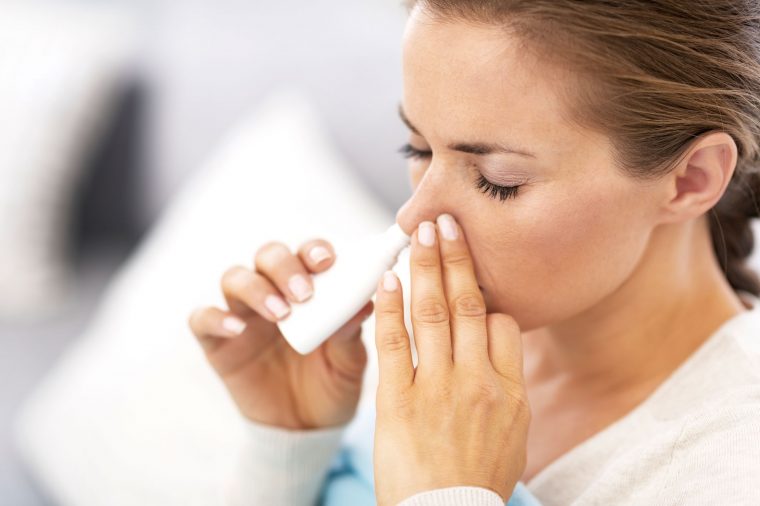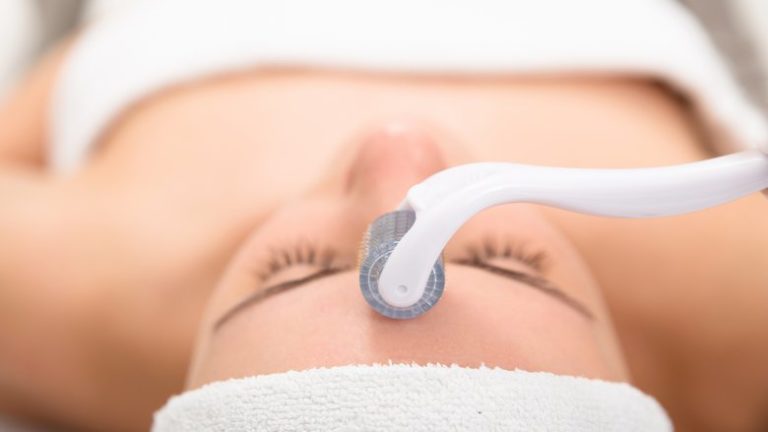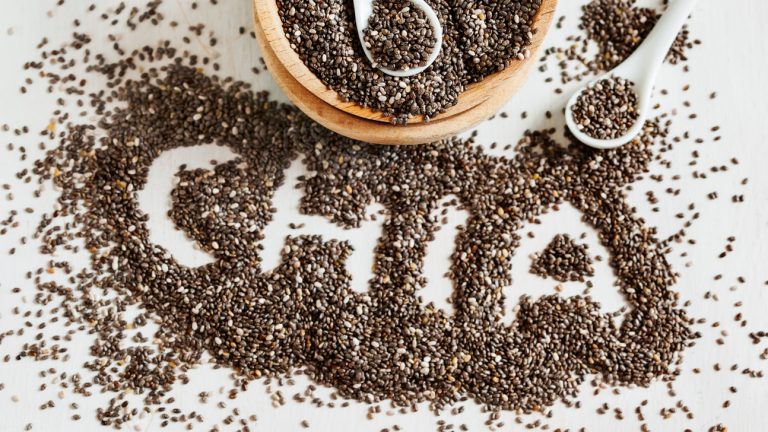
Though most people know they should be getting seven to eight hours of sleep per night, that doesn’t mean they actually are. On the contrary, a Gallup poll found that a whopping 40 percent of Americans are getting less than seven hours of shut eye every night.
Understandably, sleep is hardly a priority for people who have to balance careers, families, and personal lives—but given how much of an impact it has on your health, it should be. Before your next late night at the office or midnight movie marathon, consider these health problems caused by lack of sleep.
Dementia
“Sleep is critical for brain health and a persistent lack of sleep can be a predisposing factor to dementia,” notes internist Dr. Stephen Schimpff in his book Longevity Decoded: The 7 Keys to Healthy Aging.
It’s true: People who suffer from consistently poor sleep sessions tend to have higher concentrations of beta-amyloid protein in their brain, which has long been attributed to the development of dementia and Alzheimer’s, according to 2015 research published in Nature Neuroscience. The researchers behind the study confirmed this link when they found that those who slept worst had both the highest concentrations of beta-amyloid in their brains and performed the worst on memory tests.
Colon Cancer
This may shock you, but among the risk factors for colon cancer is a lack of sleep. In a 2011 study published in the journal Cancer, researchers found that subjects who averaged less than six hours of sleep per night had a nearly 50 percent increased risk of colorectal adenomas—which are precursor lesions of colon cancer—compared to those who averaged more than seven hours every night.
Hypertension
In his book, Schimpff also notes that sleep deprivation “raises the risk for hypertension,” or high blood pressure. Research published in the journal Hypertension even found that over a 10-year period, people who slept for five hours or less per night were more than twice as likely to have high blood pressure.
Seeing as the Mayo Clinic lists hypertension as a risk factor for everything from metabolic syndrome to heart failure, this is definitely a health problem worth taking seriously.
Obesity
One of the most common health problems from lack of sleep is obesity. As Schimpff mentions in his book, being up late “leads to snacking and hence gaining too much weight.” Plus, “when we get too little sleep, we tend to crave food, usually the wrong foods.”
In one 2006 study published in the American Journal of Epidemiology, researchers followed approximately 60,000 women for 16 years and found that those who slept five hours or less nightly had a 15 percent higher risk of obesity than those who got seven hours of shut eye.
Heart Disease
Another health problem caused by lack of sleep is heart disease, because “people with poor sleep patterns have an increased buildup in plaques,” according to Sanjiv M. Patel, MD, a cardiologist at MemorialCare Heart & Vascular Institute at Orange Coast Medical Center in California.
The Centers for Disease Control and Prevention (CDC) even warns that sleeping fewer than seven hours a night puts you at greater risk of a heart attack, so make sure you’re spending enough time in dreamland every night.
Diabetes
Believe it or not, one of the easiest ways to fight off type 2 diabetes is with an adequate amount of sleep. When Harvard researchers analyzed 11 reports on the relationship between sleep duration and diabetes, they found that for every hour less than seven hours that a person slept, they had a 9 percent increased risk of type 2 diabetes.

























